
On August 6, Azerbaijani media outlet Caliber.az published a report alleging that on August 2 and 3, two Boeing C-17 military transport aircraft belonging to the US Air Forces secretly landed at the Zvartnots airport twelve kilometers west of the Armenian capital Yerevan. According to the report, the aircrafts that departed from Romania and a Middle Eastern country (Qatar) delivered military equipment along with 30-50 US military personnel. While the military equipment was composed of sniper rifles, night vision devices, special communication equipment, body armors, attack mini drones, small size mines, and various ammunition, the US military personnel was mostly composed of individuals of Armenian descent, as well as individuals of Slavic and Caucasian appearance. The report also alleged that the personnel equipped with the uniform of the Armenian Armed Forces were stationed at the military base of the Armenian Armed Forces in Zangezur on the border with Azerbaijan and Iran. The Caliber.az pointed out “reliable sources” as its source of information. In another report on August 12, Caliber.az reported that the US Embassy in Armenia responded to its report by stating that “Eagle Partner 2024 [joint Armenian-American military exercise conducted in Armenia on July 15-24], a peacekeeping exercise designed to increase interoperability between the United States and Armenia, successfully concluded on July 24. We can confirm that all U.S. military equipment and personnel have departed Armenia.” As Caliber.az stressed, in fact, this statement sounded rather like a distraction than an answer to Caliber.az’s allegation. With this statement, indeed, the US Embassy in Armenia failed to openly refute the allegation. The Azerbaijani media outlet in a menacing manner wrote it has the photo evidence of its allegation that it may release if need be. The Azerbaijani media organs asserted that the secret delivery of the military equipment and personnel was a part of the classified agreement reached at the EU-US-Armenia high-level meeting in Brussels on April 5 attended by EU High Representative for Foreign Affairs and Security Policy Josep Borrell, President of the European Commission Ursula Von Der Leyen, Secretary of State of the US Antony J. Blinken, and Prime Minister of the Republic of Armenia Nikol Pashinyan.
Certainly, we have no means to establish whether the Azerbaijani allegations reflect the reality. Yet, it could be confidently argued that the Azerbaijani allegations are a reflection of a fact that needs to be taken seriously. This reality is the rising suspicions and anxiety of Baku about the deepening relations between the US/EU/some European countries and Armenia in the security/military sphere and Yerevan’s policy of strengthening its military capacity through weapons purchases from different sources such as US, France, India, and even allegedly Iran. Baku insists that Yerevan is pursuing a revanchist policy to undo the liberation of its former Nagorno Karabakh region and the surrounding regions from the three-decades-long Armenian occupation in 2020 and 2023. An alarmed Baku about a future Armenian military adventure is certainly not a positive element for regional stability and peace in the South Caucasus. This is hardly a positive factor for Armenia’s security, too.
Against this backdrop, the US/EU and the European countries such as France and Germany that overtly or covertly/directly or indirectly back Yerevan’s policy of armament - hence willingly or unwillingly heartening the revanchist hardliners in Armenia - may be well advised to take a step back and think about the consequences of their policies.
It can be seen that the core intention of the Western actors is to breed a new satellite in the south of Russia as a part of their Russia containment policy. The post-2020/2023 ideological and socio-political context in Armenia provides a very fertile ground for Western countries to run this policy. Hence, it is understandable that Western actors take action to make use of this opportunity by patting Armenian hawks bitterly disillusioned by their centuries-long guardian Russia for its alleged failure to provide protection during the 44-day War between Armenia and Azerbaijan in 2020.
The problem with the Western tactic, however, is that the unbalanced Western backing of Armenia, particularly the collaboration in the military sphere, begets US/EU skepticism in Azerbaijan. One consequence of that is Baku’s search for strengthening its relations with actors that may counteract Western influence in the South Caucasus. Russian President Vladimir Putin’s recent two-day visit to Azerbaijan and Baku’s declared bid to join the BRICS, and the gradually growing relations between Baku and Beijing as exemplified by the Azerbaijan-China joint statement on the establishment of a strategic partnership in July could be regarded as the indicators of this tendency. In short, while the West takes steps to grab Armenia as its new partner in the South Caucasus, it pushes away Azerbaijan, a country with much bigger economic, political, and strategic significance in the region.
Is this a strategic miscalculation? Apparently, it is. Moreover, taking the case of Georgia as an example, whether the Western political investment in Armenia will provide the expected return in the long term is a question that time will answer. Yet, it should be understood that Western miscalculation is not a simple technical mistake. The miscalculation is rather a result of an ideological/political distortion. The West with its intrinsic supremacist worldview seeks vassals rather than equal partners. Whereas the ones who yield to subordination become West’s favorites, those who oppose such a hierarchical relationship are often picked apart. This uncomfortable fact needs to be factored in to understand some of the policies of the US/EU/some European countries vis-à-vis the South Caucasus and beyond.
*Photo: news.az
© 2009-2025 Center for Eurasian Studies (AVİM) All Rights Reserved

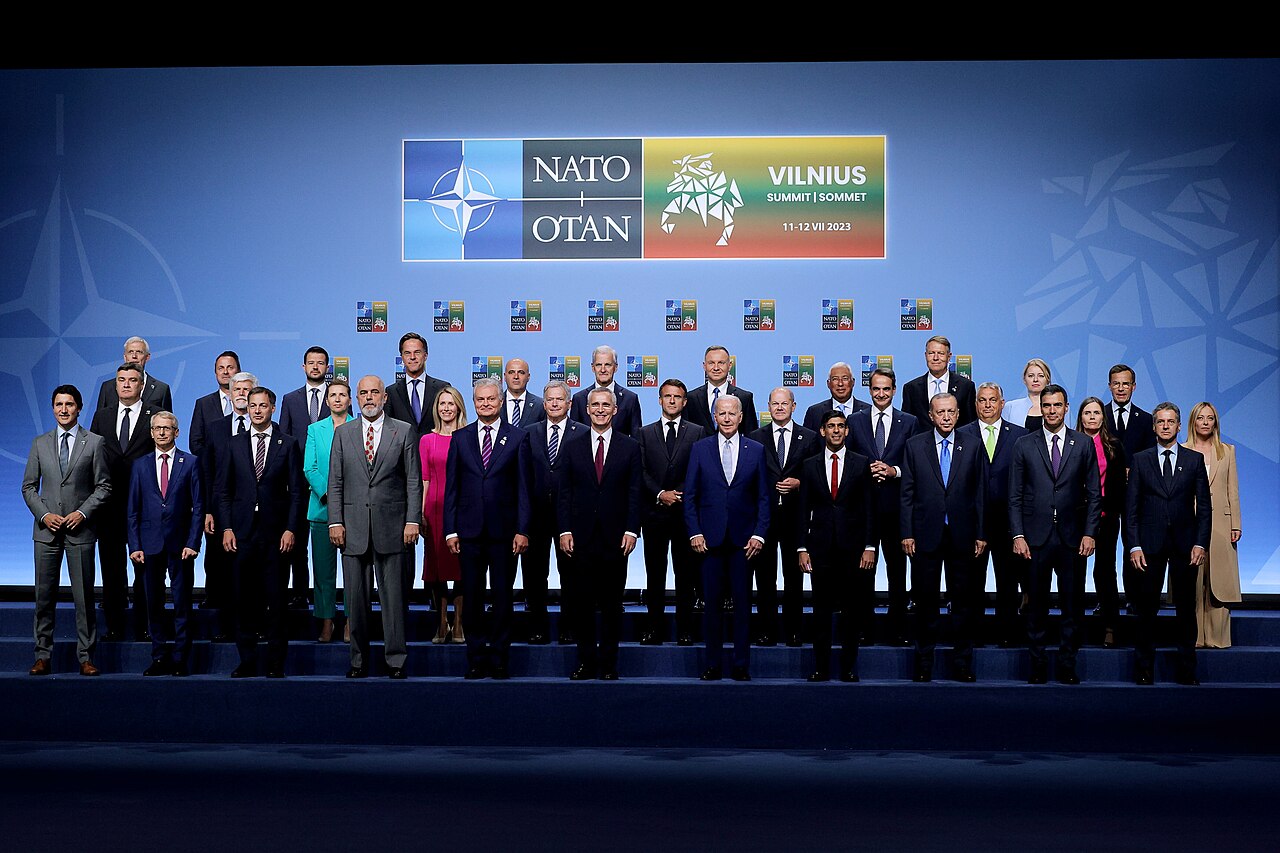 THE 2023 NATO SUMMIT AND THE BLACK SEA SECURITY
THE 2023 NATO SUMMIT AND THE BLACK SEA SECURITY
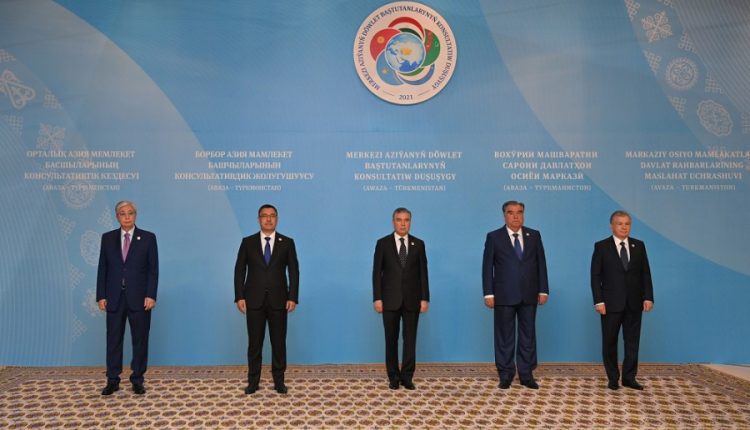 THE RIGHT TIME TO HASTEN COOPERATION AMONG THE CENTRAL ASIAN REPUBLICS
THE RIGHT TIME TO HASTEN COOPERATION AMONG THE CENTRAL ASIAN REPUBLICS
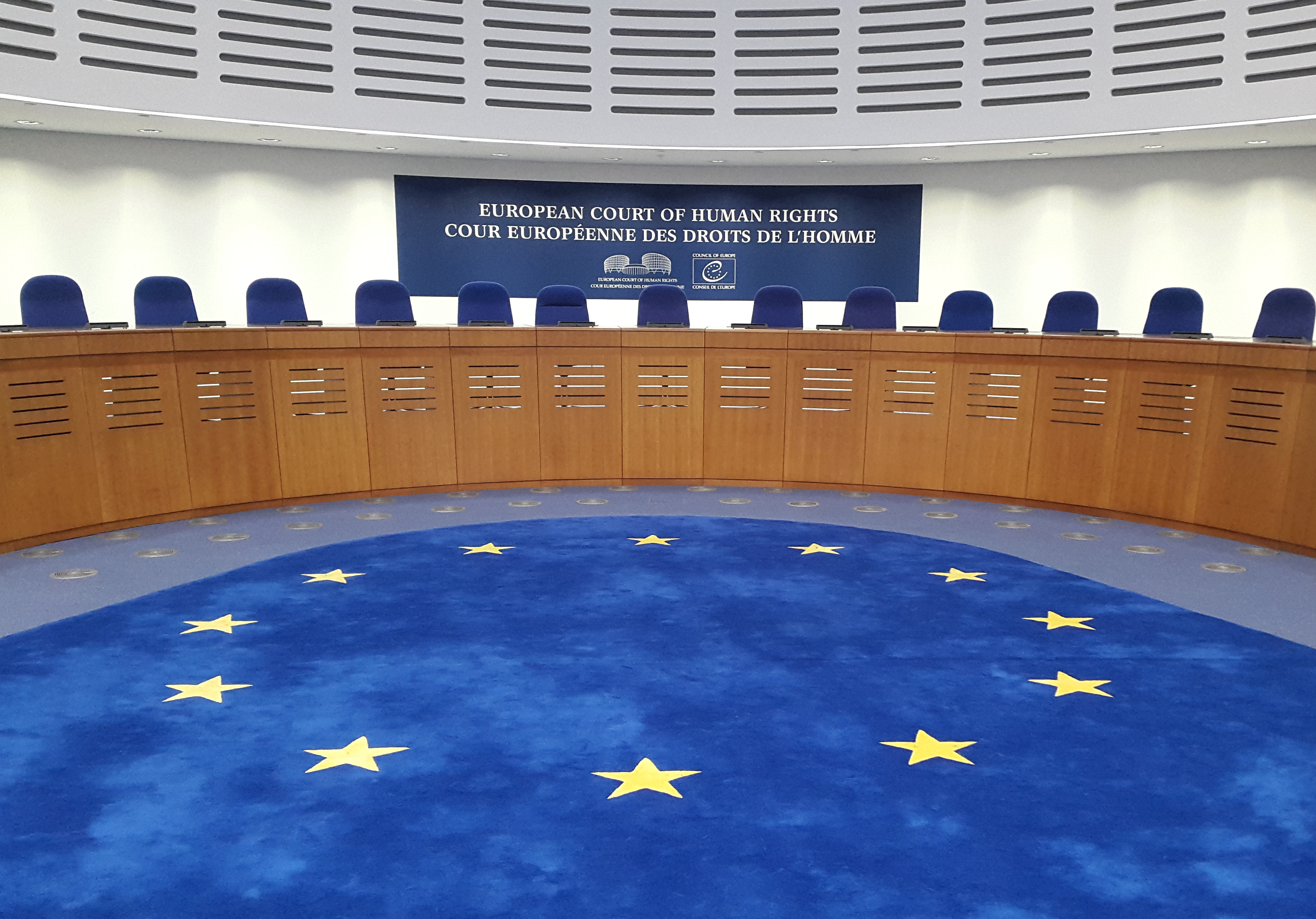 THE ECTHR’S 21 JANUARY 2021 JUDGEMENT ON THE CASE OF GEORGIA v. RUSSIA (II)
THE ECTHR’S 21 JANUARY 2021 JUDGEMENT ON THE CASE OF GEORGIA v. RUSSIA (II)
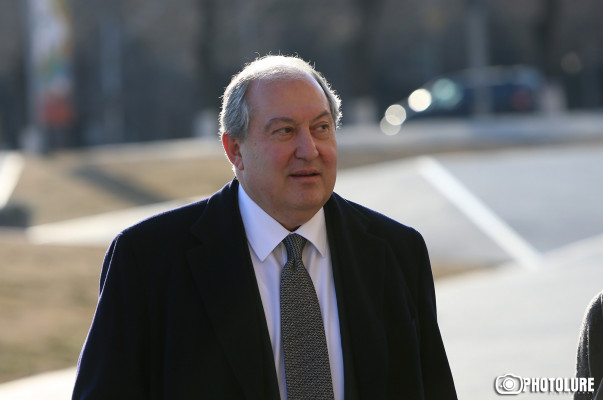 ARMEN SARKISSIAN’S PRESIDENCY AND THE QUESTIONS ON ETHICS AND POLITICAL CULTURE IN ARMENIA (26.01.2022)
ARMEN SARKISSIAN’S PRESIDENCY AND THE QUESTIONS ON ETHICS AND POLITICAL CULTURE IN ARMENIA (26.01.2022)
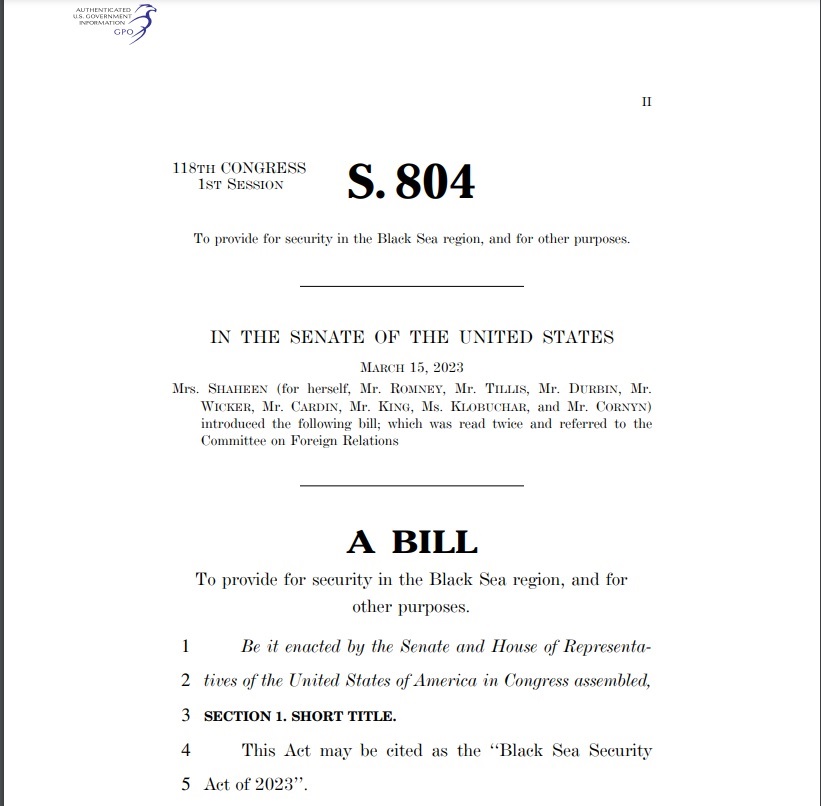 “WHAT HAPPENS IN THE BLACK SEA DOES NOT STAY THERE:” THE CONTOURS OF THE US’S BLACK SEA STRATEGY
“WHAT HAPPENS IN THE BLACK SEA DOES NOT STAY THERE:” THE CONTOURS OF THE US’S BLACK SEA STRATEGY
COURT VERDICTS AGAINST ARMENIANS ARE BECOMING THE RULE
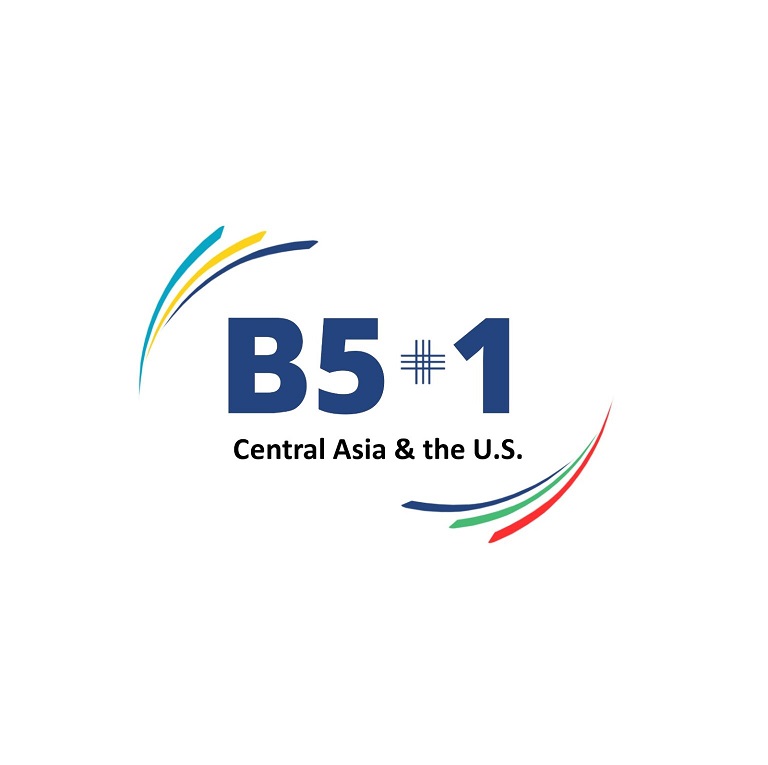 THE B5+1 FORUM AND “THE GREATER CENTRAL ASIA”
THE B5+1 FORUM AND “THE GREATER CENTRAL ASIA”
 CAN SREBRENICA GENOCIDE BE COMPARED TO THE EVENTS OF 1915 WITHIN THE SCOPE OF FREEDOM OF EXPRESSION?
CAN SREBRENICA GENOCIDE BE COMPARED TO THE EVENTS OF 1915 WITHIN THE SCOPE OF FREEDOM OF EXPRESSION?




























